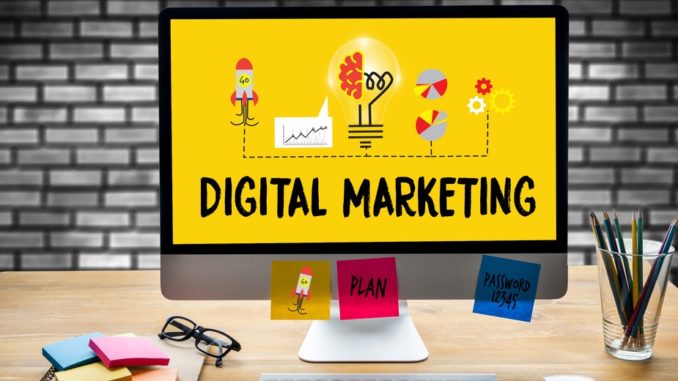
At the end of 2019, many self-storage operators cited industry oversupply as a major concern. Consumer demand was better than expected at the beginning of the year, but going forward, it’ll be progressively difficult to stand out in saturated markets—physically and online.
With increased competition come increased marketing costs. According to the 2018 Form 10-K filings of four self-storage real estate investment trusts, marketing and advertising costs increased 16 percent over the previous year. Google reported a similar increase of 14 percent in cost-per-click transactions during the same time period.
To combat these types of increases, sophisticated self-storage marketers are leveraging smart digital-advertising systems that use advanced technologies like automation, artificial intelligence (AI) and machine learning to create efficiency and expand reach to qualified prospects. For example, automation of digital ads helps avoid mistakes caused by human error. Prequalifying the right people with the right ad at the right time saves money and decreases ad spending.
Using technological advancements and optimizing your marketing plan with a streamlined, accessible website will be essential in differentiating your business and decreasing advertising costs. Let’s take a closer look at three tools that will help you stand out in your market, minimize expense and maximize return on investment.
Attribution Models
On average, self-storage shoppers consult 10.7 digital touchpoints before making a purchase decision. To effectively attract new customers, you must learn the buyer’s journey. Mapping this journey and correctly identifying sources of attribution requires the assistance of advanced marketing technologies.
What is an attribution model? According to Google, it’s “the rule, or set of rules, that determines how much credit for sales and conversions is assigned to touchpoints in conversion paths.” There are several models to consider:
Establish an attribution model that works best for your self-storage company and focus your efforts on the channels that most effectively generate new leases. Marketing technologies that employ automation, AI and machine learning are helpful here.
Regardless of what they’re searching for, consumers want instant gratification and assistance throughout the buying process. They also prefer using chat over speaking with a human—four times more, in fact—according to research from business-management firm PSFK Labs. Chatbots can augment your sales team with automated, around-the-clock customer service that drives conversions from your website.
Web Accessibility
Web Content Accessibility Guidelines (WCAG) is the most widely accepted standard for website accessibility. It addresses development and design best practices needed to allow all users, regardless of disability, to understand and navigate a website. Self-storage operators who are early adopters will stand out from competitors and demonstrate they care about the customer experience. Adhering to WCAG may also help mitigate legal risk, as more website-accessibility lawsuits are being filed.
Digital-marketing tools that employ technological advancements offer you ways to stand out in a saturated market, attribute your marketing and better control your ad spend. As self-storage competition tightens, an optimized marketing strategy that uses automation, AI and machine learning will be imperative to understanding which campaigns work best and decreasing your overall costs.
Celena Canode is a marketing-campaign manager at G5, a provider of digital marketing solutions to the self-storage industry. It’s a predictive marketing software-as-a-service company that uses artificial intelligence and other emerging technologies to help marketers amplify their impact. Through its Intelligent Marketing Cloud, G5 delivers performance and scalability through predictive analytics, hyper-personalized customer experiences and continuous spend optimization. For more information, call 800.554.1965; visit www.getg5.com.
